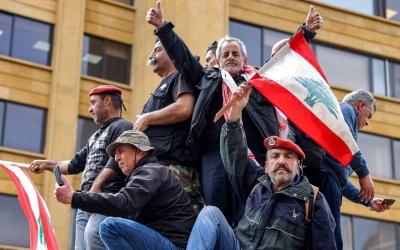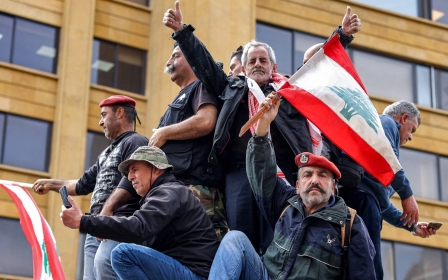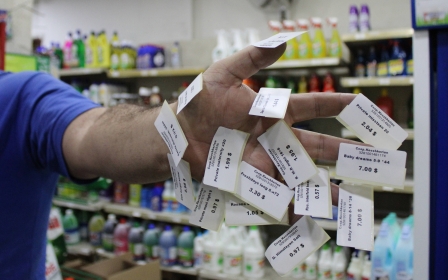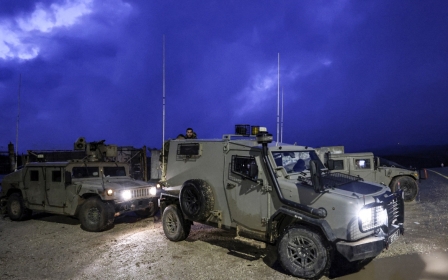Daylight saving controversy leaves Lebanon with two time zones
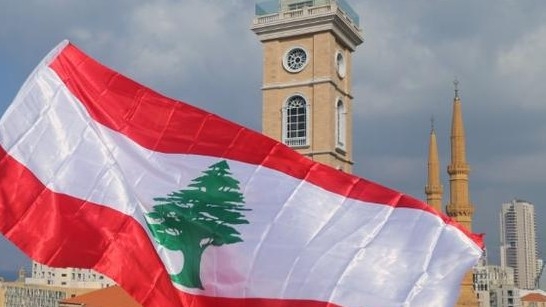
A last minute decision by the Lebanese government to delay the start of daylight saving time by a month, until the end of Ramadan, spread confusion across the country on Sunday.
The country's caretaker Prime Minister Najib Mikati surprised everyone when he made the last minute decision so that Muslims could break the fast an hour earlier, at around 18:00 instead of 19:00, the time the sun sets.
The move has caused widespread controversy.
Many businesses were caught unprepared by the decision and decided not to follow the government and moved their time forward by an hour.
The Lebanese Maronite Church has also broken with the government and said that it would move to summer time.
Several other major media outlets have also refused to comply with a government decision that has been widely panned for its lack of planning, with some outlets saying in a statement that they would "protest the decision of the [caretaker] prime minister".
On Thursday, Lebanon's government announced the decision to push the start of daylight saving to 21 April.
While no official reason was given for the move, a leaked video of a meeting between Mikati and Parliament Speaker Nabih Berri showed Berri asking Mikati to postpone the implementation of daylight saving to allow Muslims to break their Ramadan fast an hour earlier.
The Muslim holy month began on 22 March and ends on 21 April.
The decision has also been widely derided as the "most predictable manufactured event" by politicians looking to stoke divisions.
Social media user, Anna Fleischer said the decision underlined the "absurdity of Lebanon 2023".
"Time zones announced by the government three days ago are not being used by different institutions such as some local media outlets and all Catholic schools. Chaos in full swing as we all try to figure out when our appointments are on Monday," she said.
The time zone controversy also underscores the chaotic limbo the country has descended into in the last few years.
The Lebanese lira has been in freefall; the country's largest 100,000 lira bill is now worth less than $1, a staggering decline from $66 before the financial crisis hit in 2019. The Lebanese currency was rated the worst-performing in the world this year, according to data compiled by Bloomberg.
Unsustainable borrowing, financial mismanagement and corruption by the sectarian ruling elite, coupled with years-long periods of political vacuums and virtually no productive economic growth, have fuelled one of the world's worst economic crises since the mid-1800s, according to the World Bank.
Since 2019, Lebanese banks have imposed tight restrictions on withdrawals, leading angry depositors to resort to lawsuits or armed raids on banks to access their own funds.
Middle East Eye propose une couverture et une analyse indépendantes et incomparables du Moyen-Orient, de l’Afrique du Nord et d’autres régions du monde. Pour en savoir plus sur la reprise de ce contenu et les frais qui s’appliquent, veuillez remplir ce formulaire [en anglais]. Pour en savoir plus sur MEE, cliquez ici [en anglais].


